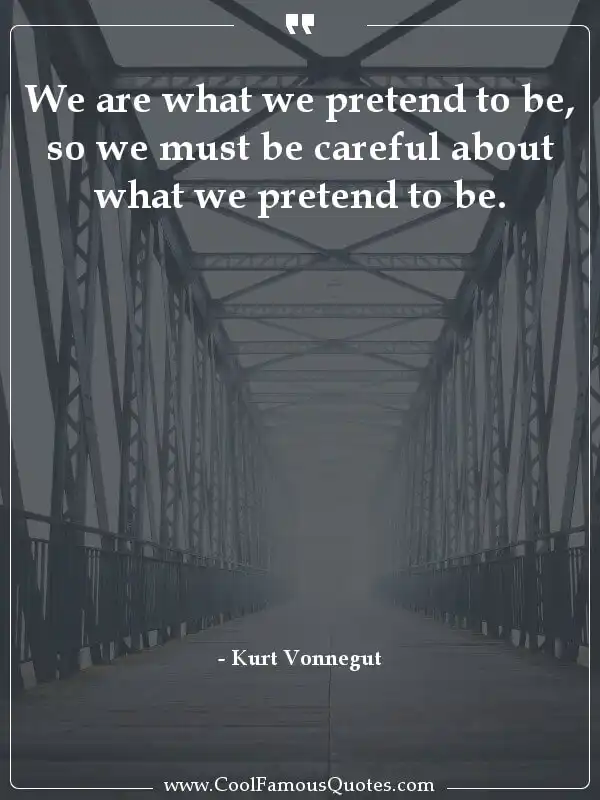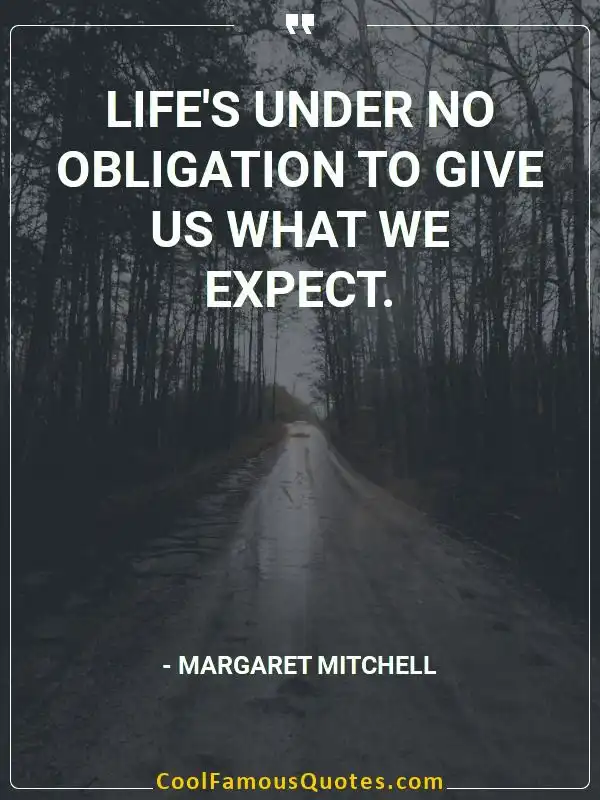“Write what you know. That should leave you with a lot of free time.”
Decryption of quote
Write what you know. This simple yet profound advice is often given to aspiring writers, encouraging them to draw from their own experiences, emotions, and observations when creating their work. By writing about what they know, writers can infuse their stories with authenticity and depth, making them more relatable and engaging to readers.
But what does it mean to write what you know? It means tapping into your own unique perspective, drawing inspiration from the world around you, and using your own voice to tell your story. It means delving into your own memories, feelings, and beliefs to create characters and situations that feel real and true.
And when you write what you know, you are not limited to just your own experiences. You can also draw from the experiences of others, from history, from literature, from the world at large. The key is to bring your own insights and understanding to the table, to infuse your writing with your own personal touch.
But here's the twist: that should leave you with a lot of free time. This part of the quote is a playful reminder that writing what you know should come naturally to you. It should flow from your own thoughts and feelings, without the need for excessive research or overthinking.
When you write what you know with confidence and authenticity, you will find that the words come more easily, the ideas flow more freely, and the stories take on a life of their own. You will discover a sense of freedom and creativity that allows you to fully explore your own unique voice and vision.
So, embrace the wisdom of writing what you know, and let it guide you on your creative journey. Trust in your own experiences and insights, and allow them to shape and inform your writing in powerful and meaningful ways. And remember, when you write what you know, you are not just telling a story – you are sharing a piece of yourself with the world.
humor knowledge literature writing





